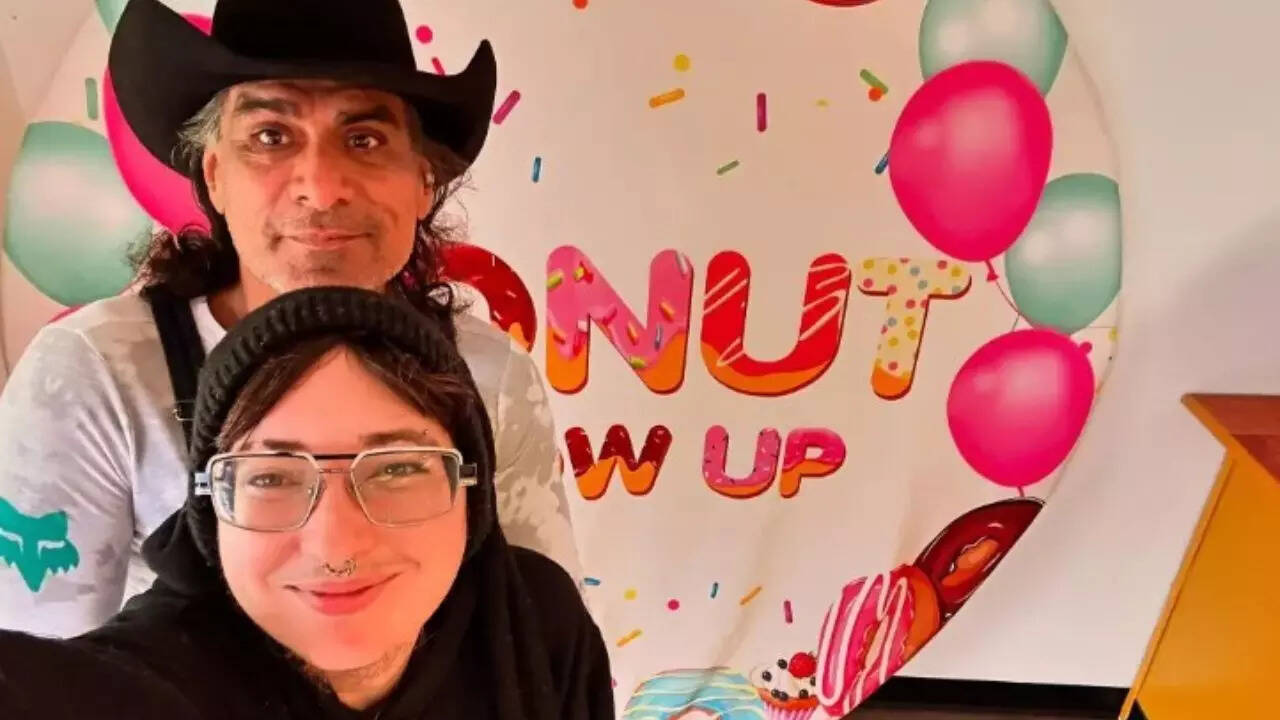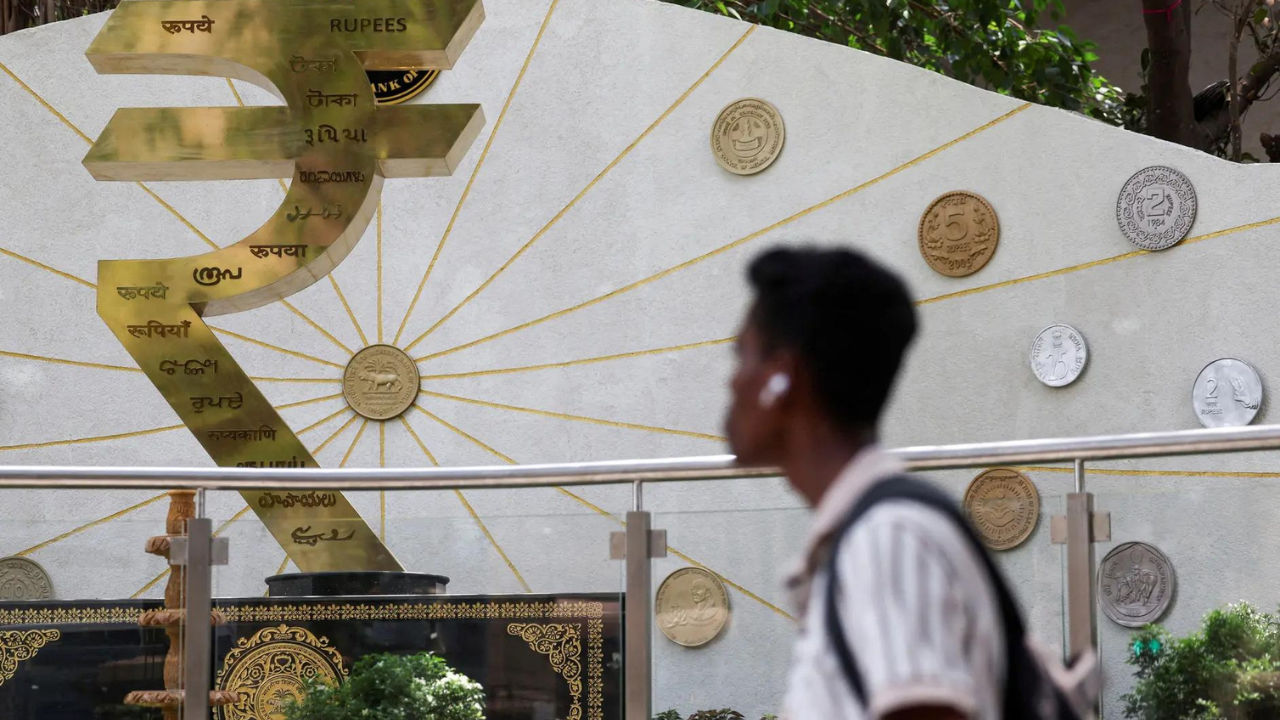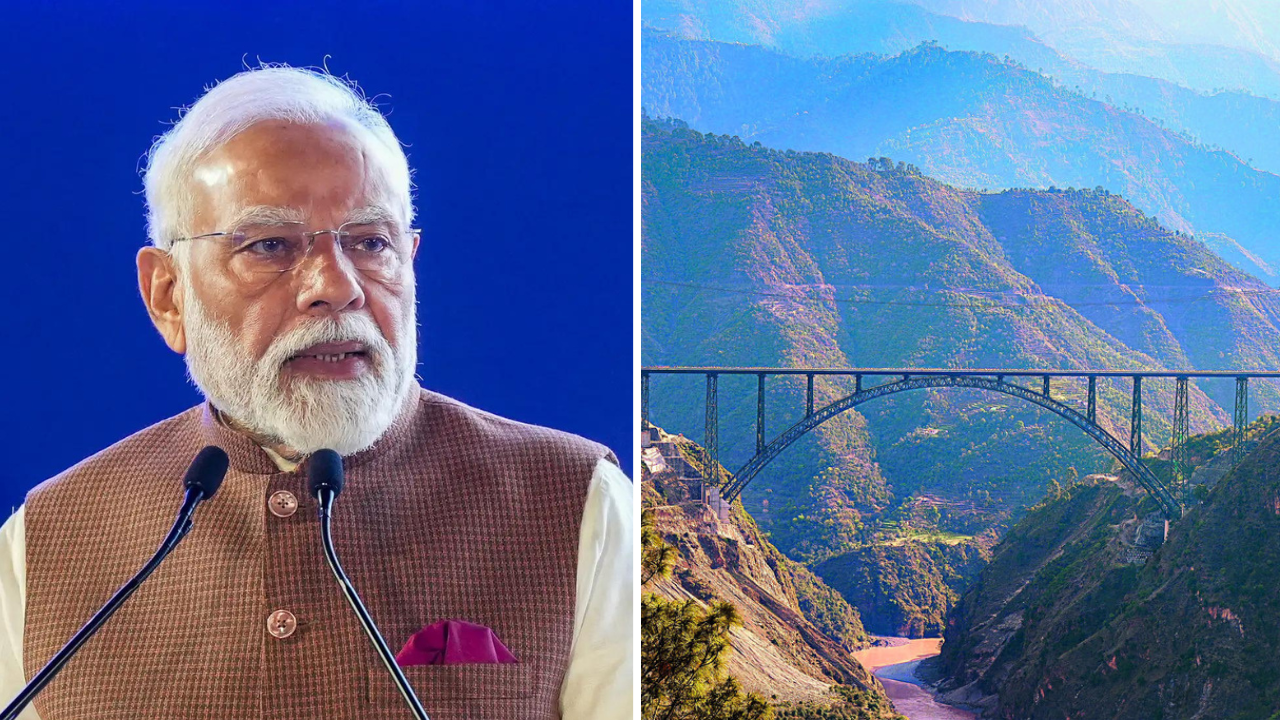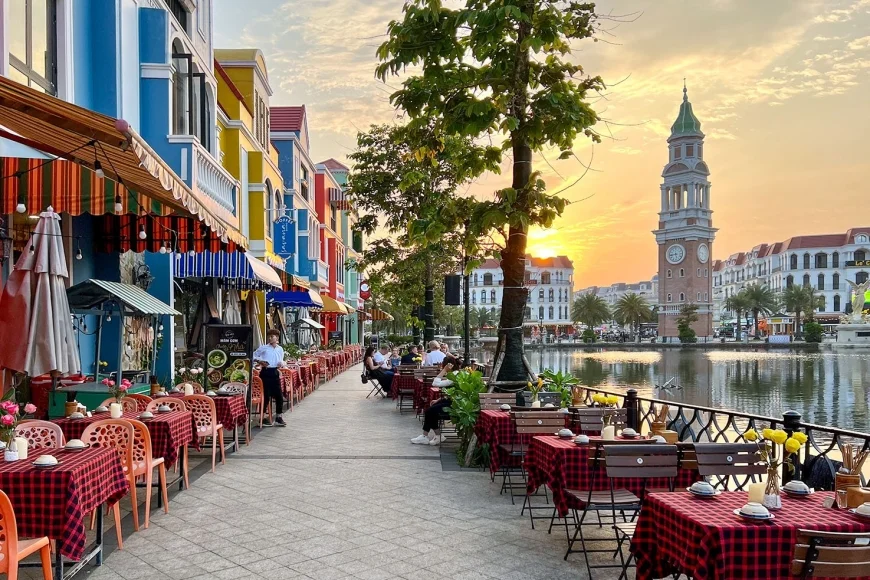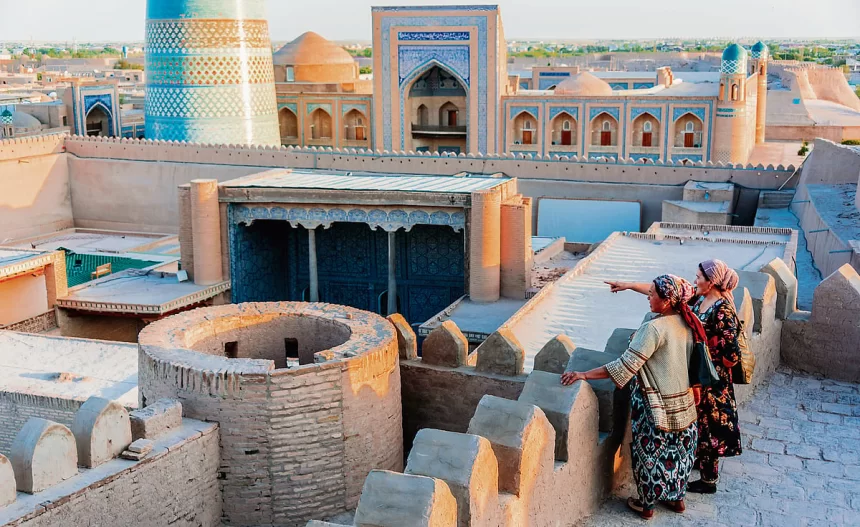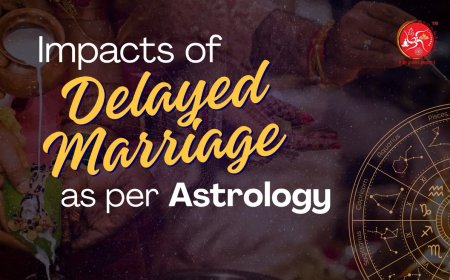‘There was no mention of our food’: Shahu Patole on why he wrote a book on Marathi Dalit cuisine

Join our WhatsApp Community to receive travel deals, free stays, and special offers!
- Join Now -
Join our WhatsApp Community to receive travel deals, free stays, and special offers!
- Join Now -

What we eat is what we are. Does food not then serve as a reflection of life? If our food options are limited, are our life choices restricted too? Can a limited plate – and palette – suggest a limited existence, too? Does a suppressed culinary culture mirror the oppression of its people? This is precisely the inquiry at the heart of Shahu Patole’s 2015 work, Anna He Apoona Brahma, brought into English as Dalit Kitchens of Marathwada by Bhushan Korgaonkar in 2024.
Graciously giving one interview after another at the Jaipur Literature Festival 2025, answering in Marathi, Hindi and English (with Bhushan very happily translating anything and everything, both for Patole and the one asking the questions), Patole himself does the job of the interviewer: he makes you feel at ease immediately. Upon the mention of Scroll, he eagerly suggested I look up the platform’s 2016 review, the first major English critique of his book.
Your brilliant book is, in a way, many books in one: an encyclopaedia, a recipe book, a commentary, a folktale collection, and a social inquiry. (Patole adds, Geography too!). I’m interested in learning about your thought process when you started writing this book. Was its final shape intentional?
No, it was ongoing. There came certain points,...
What's Your Reaction?
 Like
0
Like
0
 Dislike
0
Dislike
0
 Love
0
Love
0
 Funny
0
Funny
0
 Angry
0
Angry
0
 Sad
0
Sad
0
 Wow
0
Wow
0












